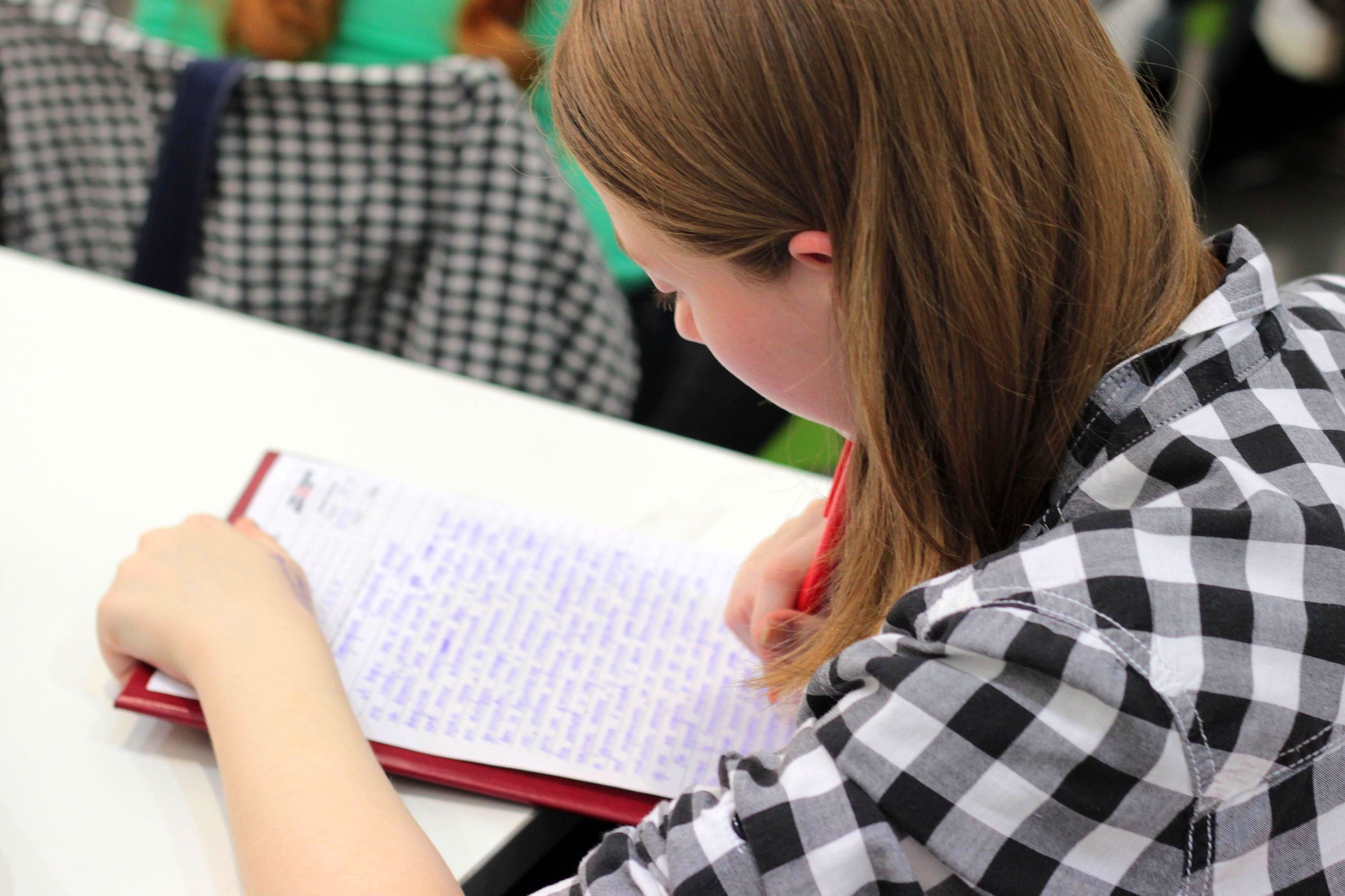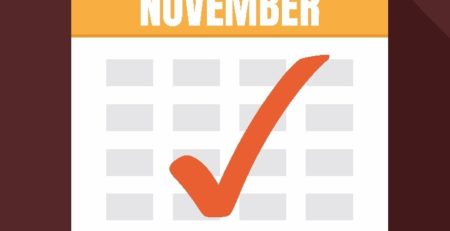8 Study Skill Habits That “A” Students Utilize
Being an “A” student doesn’t mean one is smarter or works harder than other students. What an “A” means is one has learned how to study smarter. As one advances in one’s education, this becomes even more evident. Within middle and high school, one finds three distinct students: those that do not know how to study, those that know a few study skill techniques, and those that are in the know. These distinctions appear in student’s grades. Here are 8 study skill habits that can assist students in becoming an “A” student.
- Study over time, not by cramming.
At some point in a student’s life, they will find themselves up late at night, spending more energy keeping one’s eyelids open than studying. Students, throughout school, promote the cramming study method. Many of them have promoted their very own cramming meal: two Red Bulls, pots of coffee, and bags of candy to keep oneself awake. Unfortunately, this cramming method produces heart ache from bad grades and indigestion. Successful students space their work out over periods of time and rarely cram. If one wants to become an “A” student one needs to establish a routine where one studies regularly.
- Have a study plan
An “A” student has a study plan with specific times to study and subjects that will be covered. But most importantly, they stick to the plan. Students who struggle in school typically study sporadically and whimsically. To solve this problem, one needs to create a daily, weekly, and monthly routine. Here, one schedules periods of time to review one’s courses, homework, and assigned readings.
- Study with a specific goal.
Studying without a focused direction is not effective. One needs to know specifically what one needs to study and accomplish during each study session. Before one begins studying, set a goal that supports ones overall academic goal (i.e. memorize 5 math formulas to ace the formula test in my upcoming Geometry test).
- Procrastination makes goals unattainable.
It’s very easy, one can even say common, to put off studying because one would rather do something else. Procrastination is what causes cramming, rushing around, and ultimately mistakes. Procrastinating a task to another day, means one will put off the task until the last possible moment. Successful students DO NOT procrastinate. These students know, to maximize their retention of information, they need to be exposed to it over time. Therefore, procrastination compromises their academic goals.
- Start with the most challenging assignments first.
Our most challenging assignments are typically the ones one wants to avoid. These assignments are the ones students will likely put off to another day. These challenging assignments will require the most effort and therefore one should start with them. Once one has completed these challenging assignments, it will be much easier to complete the rest of one’s work. By starting with the most challenging assignments, one’s productivity will increase as well as the efficiency of one’s study sessions, achieving one’s desired result of better grades.
- Review one’s class notes before starting an assignment.
This may seem obvious, but one must take notes in class to be able to review them. Reviewing ones notes before starting an assignment, lowers the probability of doing an assignment incorrectly. Also, by reviewing ones notes before each study session, one will be able to recall important points, details and subject matter. This allows one to identify and target specific areas where learning needs to take place.
- Limit distractions while studying.
Distractions run rampant in one’s life. From phones, friends, family, television, and work, it is surprising anyone gets anything done. Depending on one’s learning style, the amount of distractions within a study area that one can deal with will vary. For most students, distractions cause one to lose train of thought and this leads to ineffective studying. Finding one’s ideal study nook is essential. This place should be free from disruptions with little or no background noise.
- Weekends are not just for decompressing and hanging out with friends.
Most students believe that a weekend is exclusively for letting one’s hair down, decompressing, and hanging out with friends. Successful students are not recluses on the weekends. They hang out with friend and have fun like everyone else. The difference is, they spend time during the weekend getting ahead on projects and reviewing what they learned. By reviewing their class work, they’re well prepared for the upcoming week, and are ready for any new concepts presented.
We’re confident that with the development of good study habits, as outlined above, that students will see major improvement in their academic performance.












